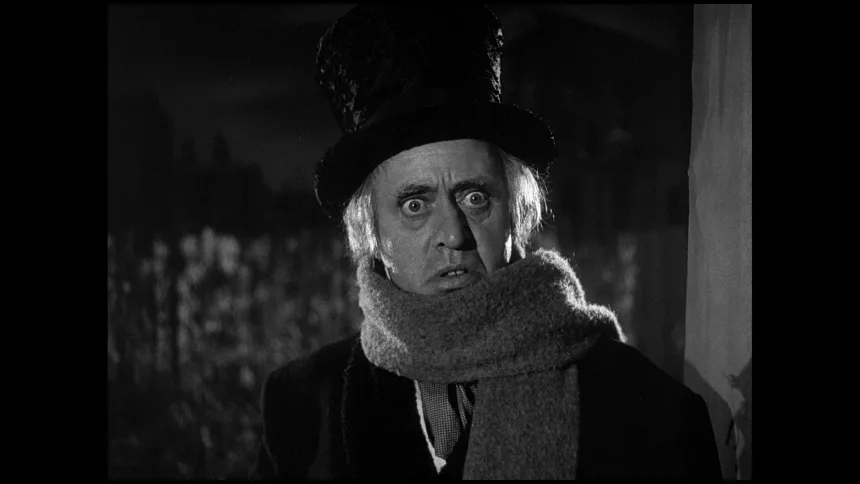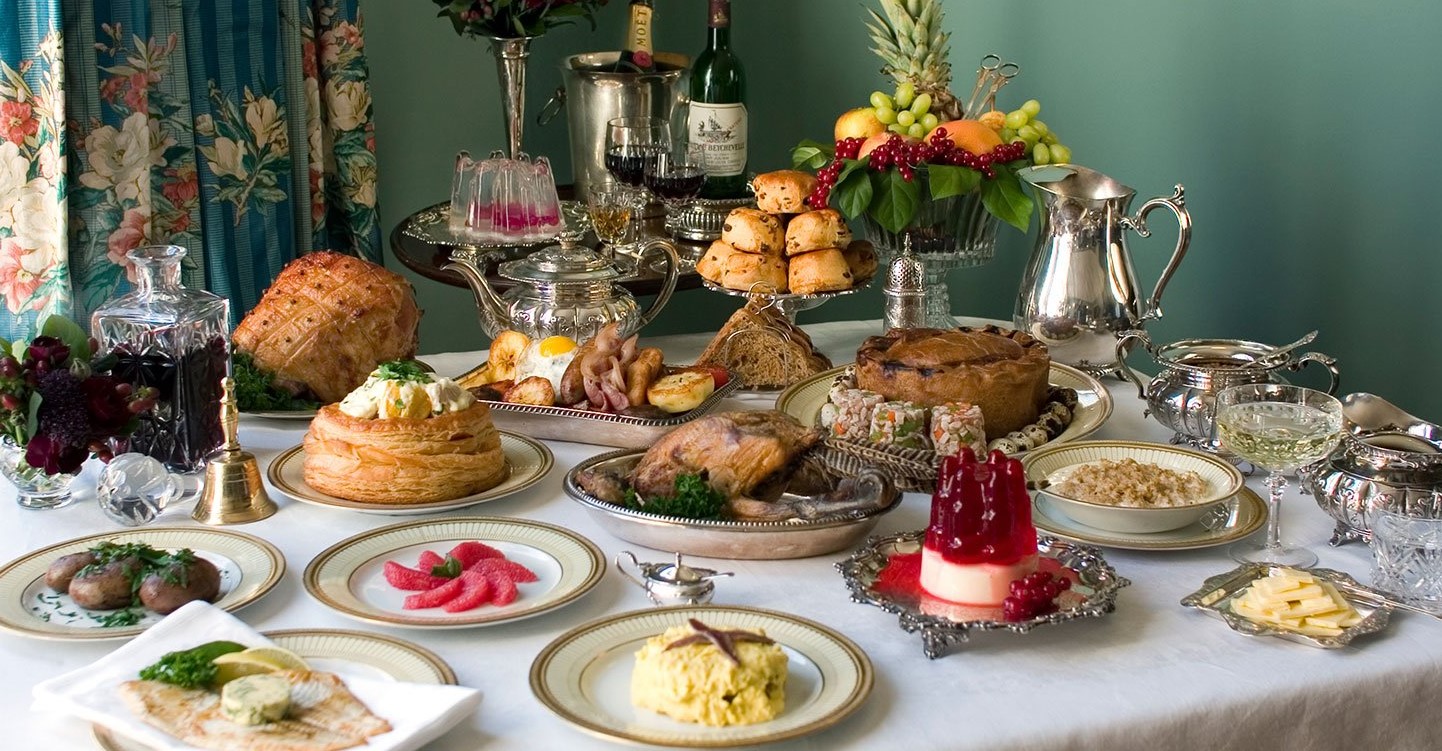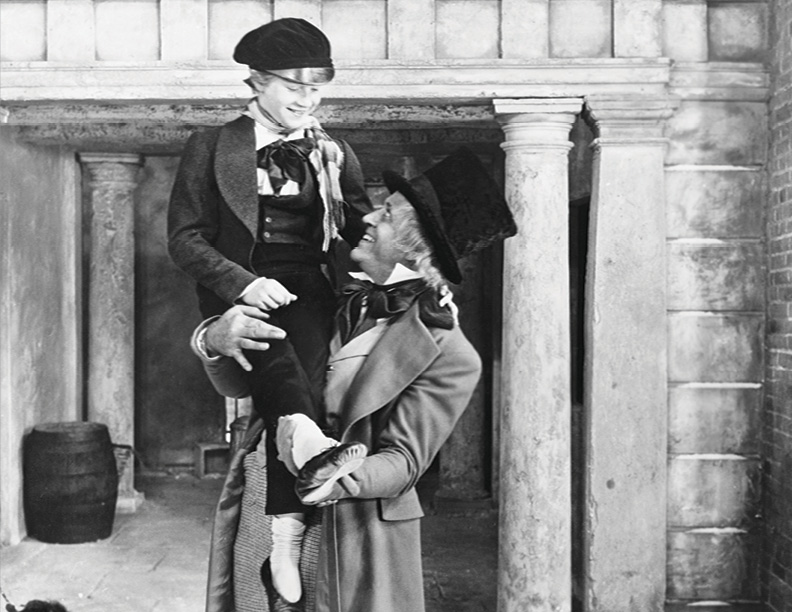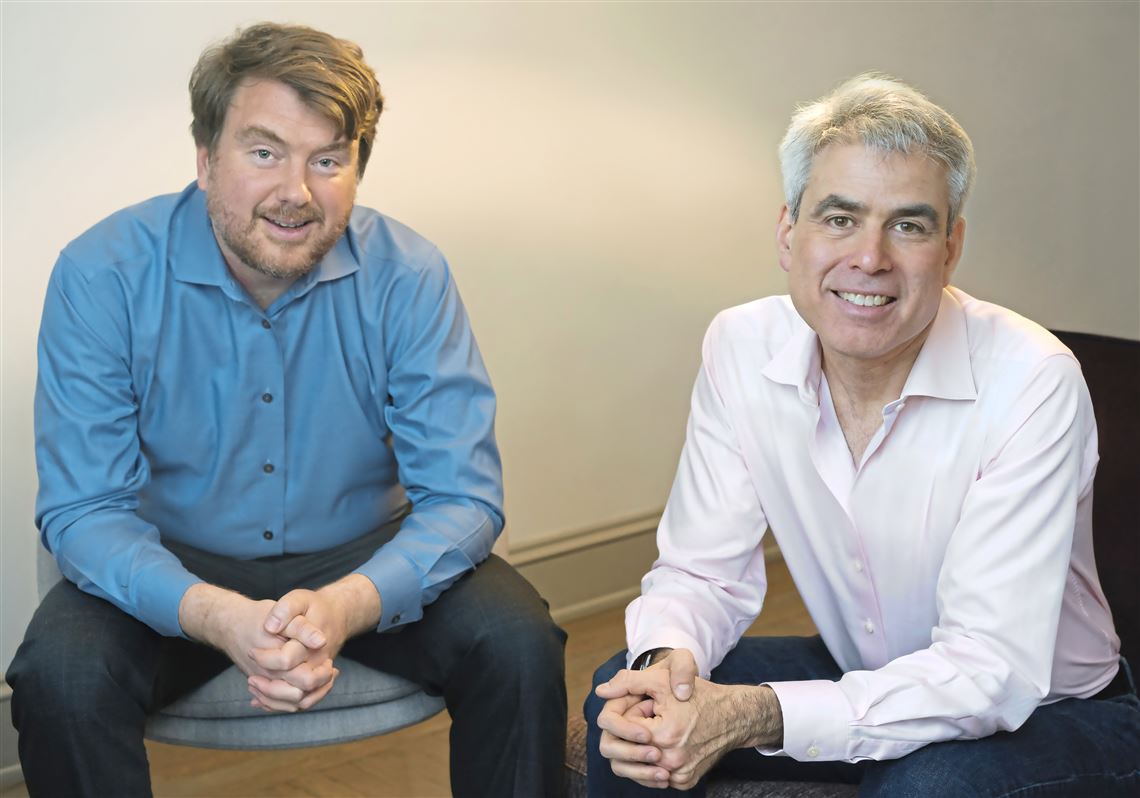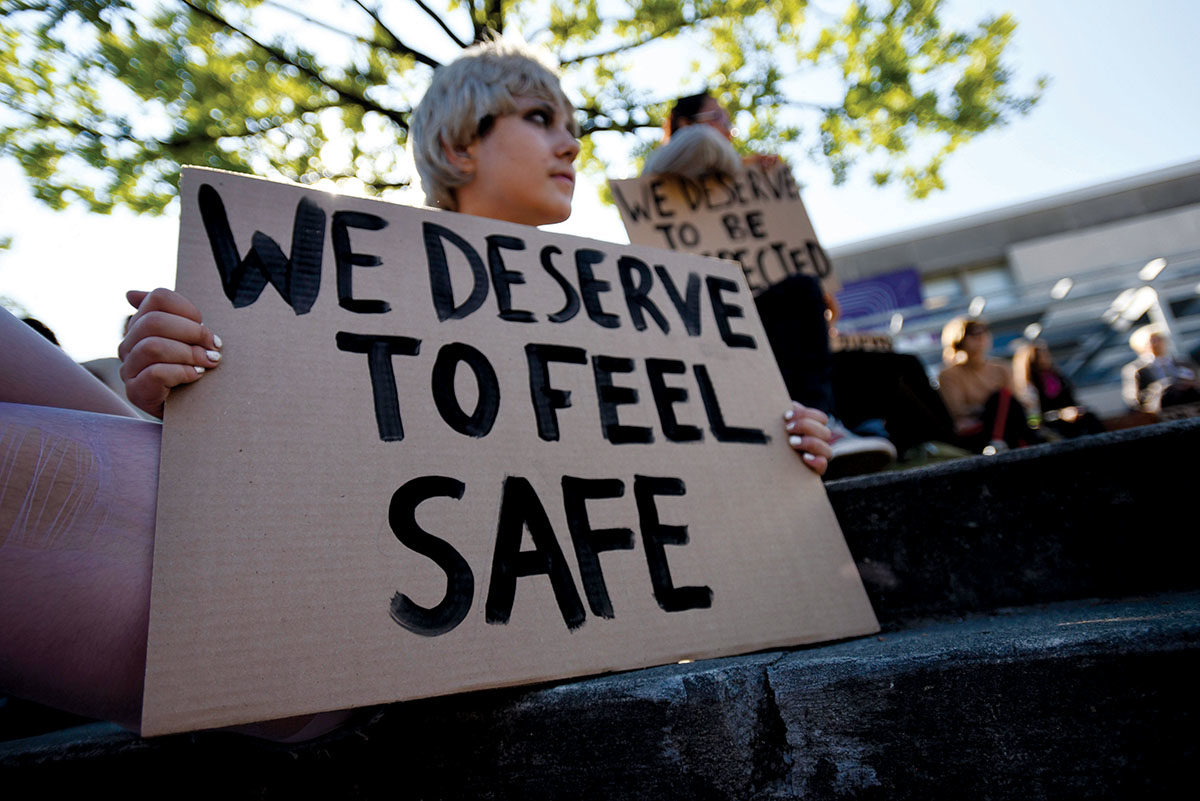Ayn Rand (1905–1982) is seen by some as a dangerous influence: an amoral wolf disguised as a philosophic chain-smoking grandmother, whose melodramatic pulp fiction draws in generations of young, naïve little Red Reading Hoods who wonder at what big premises she has. By others she is seen as the High Priestess of individual liberty who rose, Venus-like, fully formed out of the revolutionary swamps of Russia and whose writing soars inspirationally above the cesspit of collectivism, Marxism and religious dogma. Both extremes are wrong in my view. Read on for what I hope is a balanced introduction to some of Rand’s ideas and why you should read her.

On Rand the philosopher
In my view it is a mistake to see Ayn Rand as a philosopher first who wrote books to illustrate her ideas; I believe she should be seen primarily as a novelist and secondarily as a thinker who worked hard to define the values that informed the fictional universes she created. Her philosophical system, Objectivism, was after all only really developed after the publication of her breakthrough novel The Fountainhead (1943) and never went through the usual cut and thrust of academic work through which knowledge is usually forged, as Jonathan Rauch argues in The Constitution of Knowledge (reviewed here), because Rand for the most part chose to stand aloof from her contemporary professional philosophers.
One reason she gave for not wanting to engage with contemporary academic philosophy was that she believed their fundamental premises, their axioms and basic assumptions about the reality of existence, the nature of reality and of knowledge (metaphysics, ontology and epistemology), meant they had very little meaningful to contribute to the discussion of right and wrong (ethics). As a 17-year old she had been introduced to Nietzsche’s Also sprach Zarathustra and was deeply influenced by his criticism of Christian altruistic morals (Anne C. Heller, Ayn Rand and the world she made, p. 42), although later she became critical of what she saw as Nietzsche’s approval of subjective whim: the “superman” has no more right to sacrifice others to himself than they, the masses, have to sacrifice him to their, she came to believe (Ayn Rand, The Virtue of Selfishness, (1961).
In her biography of Rand, Goddess of the Market (2009), historian Jennifer Burns discusses correspondence between Rand and Isabel Paterson, a conservative novelist and thinker who was an important influence early on in Rand’s writing career. Although Rand had studied philosophy at St. Petersburg, Paterson was concerned that Rand’s foray into philosophy did not have a strong enough foundation in knowledge of what had gone before her. But Rand “…rejected Paterson’s comparison of her to other philosophers, insisting, ‘I have not adopted any philosophy. I have created my own. I do not care to be tagged with anyone else’s labels.'” (P. 127).

She had some interaction with academic philosophers – not least the great classically liberal thinkers Ludwig Mises and Friedrich Hayek, but rejected the latter for his willingness to contemplate limited government programmes and the former for his acceptance of altruism, which she saw as spiritual cannibalism (Burns 105-106); the thin end of the moral wedge with which collectivists prise open one concession to big government after another.
In the spring of 1960 she struck up a friendship with a college professor of philosophy, John Hospers (Ayn Rand and the World She Made, Anne C. Heller, p. 129). They had long and deep discussions, and Hospers, who went on to become the first presidential candidate for the Libertarian Party in 1972, said she had helped him clarify his thinking on politics and capitalism. But as Heller writes,
“He wasn’t always able to make clear to her how her ideas fit in a historical context or introduce her to new concepts. At that period, ‘she read almost no philosophy at all,‘ he said […]” (Heller, page 330).
Spurred on by her interaction with Hospers, Rand also had discussions with other professional philosophers, such as Martin Lean, a Wittgenstein expert and chair of the Philosophy Department at Brooklyn College. After a reportedly rowdy debate with him he wrote to her saying, “‘For my part I cannot recall having argued with anyone as intellectually dynamic, challenging, and skilled as you since my … Fullbright year at Oxford’ […] ‘It is academic philosophy’s loss that you did not choose this as the field of your concentration‘.” (Burns, pages 186-187).
But these interactions were short-lived, and due to her lack of engagement and reading of other thinkers, Rand’s value as a critic of other philosophers and philosophies is somewhat limited. This, however, does not mean that her contributions in other areas are not valuable, in particular her insistence on the importance of metaphysics and the possibility, indeed necessity, of objective reality and therefore objective truth, as well as her ethical theory.
Moreover, her literary achievement, creating a moral universe based on her own vision, is a massive one – whether one agrees with it or not.
Objective Reality
Apart from the content of her thinking and writing, the fact that she has kindled in thousands of people an interest in philosophy, or at least a philosophical approach to the big (and small) issues of life, is also one of Rand’s great achievements. Her criticism of the tendency within her contemporary culture and philosophy to reject objective reality, something she traced back to Kant’s work, not least his notion of the difference between the thing as it is in itself and the thing as it appears to me (more about that here), is all the more relevant today, as we see not only sandal-clad obscure academics but even celebrities and others talk of “my truth” rather than “the truth”; we see the objective reality of biological sex being undermined by subjective notions of “gender identity”; and we see free speech, textbooks, literature as well as historical figures and much else besides, routinely assessed in terms of how they make certain people feel (especially feeling unsafe or some emotional “harm”, often meaning being made to feel uncomfortable, as discussed in The Coddling of the American Mind by Jonathan Haidt and Greg Lukianoff).
In the essay “The Metaphysical Versus the Man-made“, Rand writes, “The primacy of existence (of reality) is the axiom that existence exists, i.e., that the universe exists independent of consciousness (of any consciousness), that things are what they are, that they possess a specific nature, an identity. The epistemological corollary is the axiom that consciousness is the faculty of perceiving that which exists—and that man gains knowledge of reality by looking outward.” (Published in the essay collection Philosophy; Who Needs It, 1984).
From this line of thinking follows what she says in another essay in the same collection, Philosophical Detection, dealing with the popular catch-phrase It may be true for you, but it’s not true for me (made extra relevant these days after Megan, duchess of Sussex, talked about “my truth” in an interview on an American talk-show):
“Truth is the recognition of reality. (This is known as the correspondence theory of truth.) The same thing cannot be true and untrue at the same time and in the same respect. That catch phrase, therefore, means: a. that the Law of Identity is invalid; b. that there is no objectively perceivable reality, only some indeterminate flux which is nothing in particular, i.e., that there is no reality (in which case, there can be no such thing as truth); or c. that the two debaters perceive two different universes (in which case, no debate is possible). (The purpose of the catch phrase is the destruction of objectivity.)“
There may be technical criticisms to make from the point of view of an academic philosopher, which I am not qualified to make, but I do think that Rand throws down the gauntlet to our own present time: if there is no objective truth, if we cannot perceive reality accurately, if there are only “truths” and “histories” rather than Truth and History, if subjective notions of identity and the perception of the world can be asserted merely on the basis of feeling, and if all language is primarily what some Post-Modern thinkers described as “power-relations”, rather than linguistic expressions of concepts that can be logically deduced and agreed upon, then do we even have the basis for thinking about our world and communicating with each other about it? Is debate even possible? As Steven Pinker says: “Each of us has a motive to prefer our truth, but together we’ve better off with the truth.” (Rationality (2021), p. 315).
Rand’s notion of selfishness (AKA rational self-interest)

Rand’s advocacy of “selfishness” as virtue and “altruism” as evil is perhaps the best known and most wilfully misunderstood of her philosophical positions. What did she mean by it?
The conservative philosopher Roger Scruton, in his article Altruism and Selfishness, writes about how Rand in many ways redefines “selfish” to mean also those benevolent things you do to others because you love them, but then criticises this usage of language, saying, “Learning to love your neighbour as yourself is learning to take pleasure in the things that please him, as a mother takes pleasure in the pleasures of her child. To call this “selfishness” is to abuse the language…”
Scruton is right to point out that to redefine a word (selfish) that is deeply engrained in our culture and language as meaning that which is bad and immoral, to meaning something which is good and virtuous, is very problematic; indeed it is in part the source of the lazy assumption that Rand saw as defensible those actions that we tend to call “selfish”. She did not necessarily do so. Rand was alive to this. In her working notes to The Fountainhead (so before she had systematised her philosophy) she wrote:
“I. The first purpose of the book is a defence of egoism in its real meaning, egoism as a new faith. Therefore – a new definition of egoism and its living example.” (Journals of Ayn Rand, p. 77).
Also, in the introduction to the essay collection The Virtue of Selfishness (1961), she writes, “The title of this book may evoke the kind of question that I hear once in a while: ‘Why do you use the word “selfishness” to denote virtuous qualities of character, when that word antagonizes so many people to whom it does not mean the things you mean?’ To those who ask, my answer is: ‘For the reason that makes you afraid of it.'” (page vii).
She goes on to explain that the popular usage of the term is wrong because it equates looking after one’s own interest with evil and looking after someone else’s interest with good, i.e. that the nature of the beneficiary is the criterion; the self: bad, others: good. But, as she goes on to explain: “The evil of the robber does not lie in the fact that he pursues is own interest, but in what he regards as his own interest, not in the fact that he pursues his values, but in what he chose to value […]” (p. ix – my bolding).
It is also worth noting that “ethical egoism” is a term that exists in moral philosophy independent of Ayn Rand’s contribution to ethical theory. The key thing to understand from this theory is the difference between ethical egoism: that it is right to act in one’s own interest, and on the other hand empirical egoism: that people do in fact act according to their self-interest, whatever their professed beliefs or principles may be. Rand’s theory of ethics belong in the first category.
In the essay The Objectivist Ethics, Rand explains:
“The Objectivist ethics proudly advocates and upholds rational selfishness – which means: the values required for man’s survival qua man – which means: the values required for human survival […].“
By “human survival” Rand means life as rational (or thinking) creatures, i.e. with the freedom and need to think, speak and act, and not just for the preservation of biological existence, but also the enjoyment of art and beauty – it is important to stress that Rand did not see a rational person as a humanoid calculation machine, but rather one whose emotional responses to people and things would spring from his values, and that those values would have been carefully chosen or at least filtered. In Rationality Steven Pinker makes a similar point to Rand. He writes, “Rational choice is not a psychological theory of how human beings choose, or a normative theory of what they ought to choose, but a theory of what makes choices consistent with the chooser’s values and each other.” (P. 175).
And what are values? Rand explains that only a living – mortal and vulnerable – creature can have values, “[…] try to imagine an immortal, indestructible robot, an entity which moves and acts, but which cannot be affected by anything, which cannot be changed in any respect, which cannot be damaged, injured or destroyed. Such an entity would not be able to have any values; it would have nothing to gain or to lose […].” (The Virtue of Selfishness, p. 16). Just as Steven Pinker argues, Rand says that values are determined by goals: “‘Value’ is that which one acts to gain and/or keep. The concept ‘value’ is not a primary; it presupposes an answer to the question: of value to whom and for what? It presupposes an entity capable of acting to achieve a goal in the face of an alternative. Where no alternative exists, no goals and no values are possible.”
And that is one reason why the use of force (including government force) is not only immoral but literally inhumane according to Rand: it removes the presence of alternatives that make values possible for a mortal creature – funnily, for someone as anti-religion as Rand was, this is what some Christian theologians argue was the reason why there was in Eden the possibility of sin: man’s obedience to God is worthless if it’s not a real choice.
So to be rationally self-interested, according to Rand, is not about being an unfeeling, Spock-like person who doesn’t care about others, but one who cares based on his defined values. In the essay The Ethics of Emergencies, Rand writes, “Love and friendship are profoundly personal, selfish values: love is an expression and assertion of self-esteem, a response to one’s own values in the person of another“.
How do you arrive at what exactly you should value? Inspired, no doubt, by the Aristotelian concept of eudaimonia, Rand suggests that man’s happiness is his moral goal – which can sound like a licence to follow whatever whim that makes you happy, even if it hurts others. But two important qualifiers need to be taken into account here: 1. Rand condemns the indulging in whims: this is irrational and something that will lead to your destruction sooner or later, and 2. You are not to use other people as means to your happiness.
So if, for example, a great advantage for your business can be had by your tolerating unreasonably high risk levels for the general public (and you can get away with it), is that fine? After all, they are all strangers to you whereas your business may be your life’s work and what makes you happy. Can you sacrifice these strangers’ interest in favour of your own benefit? The answer to this lies in what Rand says in the The Objectivist Ethics:
“The basic social principle of Objectivist ethics is that just as life is an end in itself, so every living human being is an end in himself, not the means to the ends or the welfare of others – and, therefore, that man must live for his own sake, neither sacrificing himself to others nor sacrificing others to himself. To live for his own sake means that the achievement of his own happiness is man’s highest moral purpose.”
The key passage here is, “an end in himself, not the means to the ends or the welfare of others“, a point echoing what Immanuel Kant said, namely that we should never act in such a way that we treat humanity, whether in ourselves or in others, as a means only but always as an end in itself. This means that you do not need to justify your existence in terms of how useful you are to others or to “society” (note the common defence for businesses and successful individuals: “we pay our taxes”); you are not merely a tool for other people’s happiness but also that you should not use others merely as means for your welfare or happiness – the respect for the integrity of the individual cuts both ways.
Those with a cartoonish (mis-)understanding of Rand tend to think that she is favouring Nietzschean supermen trampling all over the weak and worthless common people. Although, as mentioned above, she did study Nietzsche and found his criticism of the Christian “slave morality” compelling, she also rejected his conclusion that the superman can trample over the “common man”. This is well presented in the story of The Fountainhead where ordinary working people who with pride and integrity go as far as their abilities take them, are portrayed in just as positive a light as the brilliant genius Howard Roark.
Right or wrong?
Rand’s stance on the objectivity of reality, the supremacy of reason and the morality of a value-driven self-interest, are every bit as relevant today as it was when she was alive. The usefulness of any theory is usually judged by its ability to tell us something about phenomena in the world, including the ability to make accurate predictions.
She was wrong to suggest that the only difference between the welfare states of Europe and Soviet Russia was time. But she was surely right to point out that technological advancement would be hampered by authoritarian rule, she was prescient in her warnings against the rise of the religious right in America (Burns, p. 191), and her extremely radical views in favour of a woman’s right to abortion has received new currency with the potential re-evaluation of the Roe vs. Wade ruling.
I also believe that she stressed the utter, almost atomised, independence of the individual too much. The father of British Conservatism, Edmund Burke (1729–1797), said in a criticism of the classically Liberal notion of a societal contract between the individual and the state, that it was more useful and true to look at society, not as a contract between those now living and the current state, but between those who went before us, those living now and those yet to be born. In other words: we who live now benefit from what has been handed down to us from our forefathers, and we in turn have the responsibility to hand it on the the next generation in at least as good a condition as we were given it. This is a perspective that speaks to many current issues, including the tearing down of statues and institutions in the name of “social justice”, and the environmental debate – our forefathers gave us this world, we need to pass it on to the younger generations without having messed it up too much.
Unfortunately, many young (and not so young) people today in the “social justice” movement think they have all the answers; they reject traditions and those that have gone before on the grounds of their imperfect views or lives, and they think they alone have the insight and wisdom to rebuild the world anew. This is in certain ways similar to some of Ayn Rand’s followers, who also believe they have all the answers, or at least in Rand’s philosophy, Objectivism, the key to unlock all the answers. They also often don’t value tradition or the collective achievements of institutions, just as the left-wing revolutionaries.
The power of Burke’s formula is that it reflects more perfectly the real world experience of all of us: we benefit (unless we are unlucky) from what our parents gave us and in turn try to help our children. Scientists, in Newton’s famous image, stand on the shoulders of the giants that went before them, and established institutions contain within them the collective memory and wisdom of thousands of individuals and countless generations. We simply are not unmoored individuals floating about in a relationless universe. (Note that Howard Roark, the hero of The Fountainhead, is the only main character with no back story, no family, no history of friends, relations or dependants).
I think Rand as a person truly did not understand or see the value of established traditions and their importance in the maintenance of individual rights in England and the former English colony USA, where English Common Law was adopted. And the Common Law is the formalisation of tradition: as Hayek explains in his seminal work on justice, Law, Legislation and Liberty, a Common Law ruling is about discovering law, not inventing it; i.e. when looking at this specific situation before us, what is the most just solution based on what has gone before, established rights and duties, claims and counter-claims, similar rulings, etc. Law, Hayek argues, is older than legislation.
The Common Law tradition made English society stable, and gave stable property rights, something that many historians, not least Joyce Appelby, believe was crucial in England becoming the wealthiest and most powerful country in earth; the country now holding that position, the USA, has a version of the same legal system.
But all that is not to say that Rand’s individualism is without value, far from it. In a world where the state has the means to become extremely and terrifyingly powerful, as we saw in the inhumane Covid-lockdowns instituted after the model of the Communist regime of China, we need to constantly ask what is the purpose of the state, and what is the proper relationship between the individual and the collective. One does not need to agree with Rand to see that her principled approach, always arguing from first principles, always asking “what are your premises?”, still makes so much of her philosophical writing fresh, interesting and relevant, even decades after she penned them.
Rand’s Fiction Literature
I said at the start that Rand should be seen as a novelist first and philosopher second, and then went on to discuss her philosophy first. Well, that was for a reason: I wanted to dispel a couple of myths, firstly that it is impossible to be a critical friend of Rand; that one must either worship her or denounce her; instead I believe it is possible to find her interesting and to be inspired by the challenging and interesting questions her writing poses without necessarily swallowing whole all the answers she gave. Secondly I also wanted to clear up a common misunderstanding, namely that her defence of “selfishness” meant a defence of what is commonly understood as bad behaviour, which it didn’t and doesn’t.
But it is literature that is my area of competence and as I champion the view that Rand was a novelist first and foremost, I should mention the reasons why one should read her fictional works, and the order in which one should ideally read them:
1. We The Living – Rand’s first novel is a semi-autobiographical story set in post-revolution Russia. The main character is Kira, an independent-minded girl in her late teens who wants to study engineering against the wishes of her parents, but soon finds herself in difficulties due to her lack of party membership or interest in any form of politics. She falls in love with the mysterious Leo, and as they struggle to survive as non-party members, the book lays bare bare the soul-crushing dullness of life under Communism and the struggle of ordinary people to survive, sometimes heroic, sometimes pathetic.
WHY read it? It is a very different story in many ways to her later, more famous works, although some of the themes shine through on the pages. It is well-written, in that almost film-script like style that she would go on to perfect – the characters are interesting and some of them, like Kira’s once heroic uncle, whose great spirit we see slowly ground under the iron heel of Communism, is deeply moving. So is her portrayal of Andrej, the ardent Communist Party member that Kira befriends. His character is sympathetically drawn, it’s rounded in a way Rand’s characters seldom are, and Andrej’s development is one of the most profound of the entire book.
It makes sense to start with this because it gives a better understanding of what and where Rand came from: like her fictional heroine Kira, Rand was born and grew up in St. Petersburg (her given name was Alissa Zinovievna Rosenbaum), and her father had his business confiscated by the Communists. Rand said about the novel that it was her most autobiographical work and it is notable that the tone of the novel carries a sense of vulnerability that her later works do not.
2. Anthem – this is a short story, or novella, that she wrote as she was taking a break from writing The Fountainhead. WHY read it? After laying the foundation with We The Living, this is a nice aperitif to her more philosophically based writing. The story is clearly inspired by Yevgeni Zamyatin’s We (read a comparison here), and is set in a future world that is entirely collectivist. What is interestingly different from this story from almost any other futuristic dystopia, is that this society is not depicted as technologically advanced, quite the contrary: since the global revolution science has gone into reverse, and electricity as well as the use of the personal perpendicular pronoun, “I”, have been lost to humanity. The main character, known only by his number, rediscovers electricity and slowly but surely starts to rediscover his sense of self.

3. The Fountainhead – Rand’s breakthrough novel about the architect Howard Roark, whose fierce independence sees him struggle to be employed as an architect because he refuses to build as his customers wish, unless they give him full creative freedom. He is also undermined by the villainous Ellsworth Toohey, who sees in Roark’s work an unwillingness to conform to a collectivist (low) standard, and therefore a threat to the power of people such as Toohey.
WHY read it? Well, for one it is – whatever one thinks of it – a modern classic. It is also the novel that perhaps best exemplify Rand’s philosophy in the characters and actions of the story. I once heard a philosopher who suggested that Rand was inconsistent because Roark did not follow the demands of the market and Rand was in favour of the market. He had clearly missed the point completely: what Roark exemplifies is both how the ideal person acts, namely guided by his values, not merely material expediency, even if this puts him at odds with society and the market place. Rand is in favour of the market precisely because you may withhold your labour if you don’t consent. Another person, Peter Keating, exemplifies the type who does conform to society’s expectations and the demands of the market whatever he himself may think or feel; he has material success doing this, but he also loses his soul in the process.
Then there is the wonderfully awful Dominique Francon, a dreadful woman who destroys museum pieces so the common man cannot defile them with his uncomprehending eyes. She decides to give Roark the same treatment – she wants do destroy him because she loves him. Keating and Francon represent two different takes on being overly concerned with other people’s opinions. Next is the wonderfully portrayed newspaper magnate Gail Wynand, apparently inspired by William Randolph Hearst and his use of “yellow journalism”, Wynand has many great qualities but his big character flaw is to be too concerned with the masses: he wants to control them, but in the process ends up being controlled by them.
The arch-villain of the book is the highly intelligent and utterly amoral Ellsworth Toohey, partly inspired by the British economist and political scientist Harold Laski. He believes that in order to exert control over the masses, one must undermine their belief in individual greatness and achievement, and Roark’s stubborn independence stands in the way of this project. It is all going very well according to Toohey’s plan, when an unforeseen thing happens: a couple of swindlers wanting a holiday-home property project to fail, hire Roark, believing based on what Toohey has written about him in Wynand’s newspaper, that he is a rotten architect and will create such ugly holiday homes that no-one will want to buy them.
On the pages of The Fountainhead Rand show-cases the script-writing skills she had developed whilst working in Hollywood for Cecil B. DeMille: the characters are larger than life, the surroundings brought to life through carefully scripted mise-en-scene, the dialogue is snappy, often with more than a hint of Bogartesque film-noir. If you only wanted to read one book by Ayn Rand this would have to be the one I would recommend: it sums up her philosophy – not least in the great court-room scene – and it is a cracking read
4. Atlas Shrugged – This is the big one that many quote as a decisive influence on their lives, on par almost with the Bible. It is around 1100 pages, depending on edition, and contains the famous, or infamous, speech that goes on for 60 pages. It was Rand’s final work of fiction and she saw it as her magnum opus, her full and complete statement containing all the main points of her by then developed philosophy, Objectivism.
WHY read it? Whether despite of or because of its philosophical inspiration and great length, the book is a very enjoyable and entertaining read. The basic premise of the story is that collectivism has taken so strongly hold in the USA that some of the greatest minds and talents have decided to withdraw their cooperation as they don’t wish to be under the thumb of lesser men who have wangled positions of power in the government – power that they are very happy to use. As these great minds are on strike, the US slowly descends into decay and chaos.
But not all able-minded people are on-board with the strike. Dagny Taggart, a woman every bit as independent-minded as Dominique Francon, but far more likeable as a character, tries to run her family-owned railway company together with her less able brother to the best of her abilities. This leads her to Hank Rearden, a genius industrialist who is still operating and who has invented a new type of metal that he calls Rearden metal: it is lighter and stronger than any other metal alloy, and Taggart wants to use it for her railway. Hank’s and Dagny’s storylines in the book are truly riveting (no pun intended) as they entwine on their route to the realisation of the evil of contributing to make the current system work.
Apart from the fascination of a story where the great industrialists and business executives are not seen as “robber barons” but creative geniuses who are the drivers and upholders of wealth creation in a free society, the novel is filmatic in its epic scope – in the storytelling Rand seems to have blazed a trail for a form of storytelling that is common these days in series on streaming services such as Netflix and Amazon: multiple characters and storylines woven together by a common thread that only reveals itself gradually as the story is unpacked episode by episode over sometimes several series often containing 15–25 episodes per series. Atlas Shrugged is made up three parts, the three series if you will, each containing ten chapters, or episodes, through which the various heroic characters, such as Francisco d’Anconia, Ragnar Danneskjöld and the mysterious John Galt emerge from the shadows against the backdrop of corruption and degeneration.
R.J. Bidinotto, in his article Atlas Shrugged as Literature, quotes Ayn Rand as saying, “My characters are never symbols, they are merely men in sharper focus than the audience can see with unaided sight […]” It is not only the men and women who are in sharper focus in Rand’s literature, but also the values that she saw as essential for our survival as rational humans beings – not just biological survival, but spiritual survival. The themes she lifts up to our attention are as universal and eternal as human civilization itself – they transcend grubby politics and have relevance whatever your philosophical outlook may be, or especially if you never thought much about it.
An interesting difference to note between The Fountainhead and Atlas Shrugged, is that whereas the former is concerned with how one ought to live in the world and society as it is, the latter is concerned with how society ought to be. Both takes are interesting, but one could say the The Fountainhead has more of a practical value in showing what Rand’s values mean to those who live by them in the world as it is.
In a world where social media make us at once instantly connected and utterly isolated, where collectivism guides the expansion of the state to solve financial, health and environmental problems as well as dealing with the Coronavirus outbreak, and at the same time a form of barren individualism emerges in the online world, where people create their own little “realities” making debate in a shared reality almost impossible, we need Ayn Rand’s insistence on adherence to the Aristotelian notion that A=A: a shared reality exists; we have it in common and logic is the path to knowledge about it, as well as her assertion of the Kantian principle that you are not merely a means to other people’s (or the state’s) end, a cog in the societal machine, but neither should you use others as mere tools to your ends.
There is no reason to be afraid of Ayn Rand, unless you are afraid of thinking.


